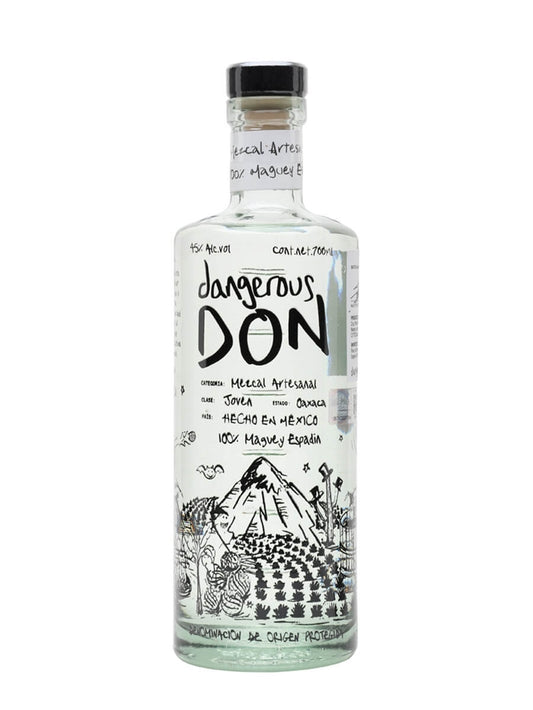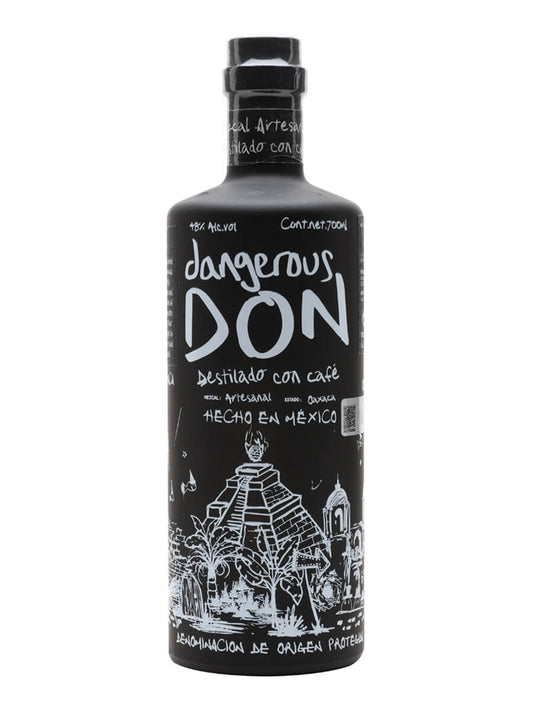What is Mezcal and Why You Should Try It: A Journey Into the Heart of Mexican Spirits

Mezcal, often described as tequila’s smoky cousin, is a traditional Mexican spirit with deep cultural roots and a distinctive flavor profile that has captivated connoisseurs and casual drinkers alike. Despite being less well-known than tequila, mezcal offers a rich and complex drinking experience that’s worth exploring. If you haven’t yet tried this artisanal spirit, here’s why you should consider giving mezcal a place in your liquor cabinet.
What is Mezcal?
Mezcal is a distilled alcoholic beverage made from the agave plant, a succulent native to Mexico. While tequila is technically a type of mezcal (just as champagne is a type of sparkling wine), mezcal is often made from a wider variety of agave species, giving it a broader range of flavors.
The production of mezcal is deeply tied to Mexican tradition, particularly in regions like Oaxaca, where the majority of mezcal is produced. The process begins with harvesting the agave, which can take up to 25 years to mature, depending on the species. After harvesting, the heart of the plant, known as the piña, is roasted in underground pits lined with hot stones, a method that imparts mezcal’s signature smoky flavor.
Once roasted, the agave is crushed, fermented, and distilled, typically in small batches using traditional methods passed down through generations. The result is a spirit that is as diverse and varied as the landscapes of Mexico itself, with each bottle offering a unique taste of the region and the hands that crafted it.
Why You Should Try Mezcal
A Unique Flavor Experience: Mezcal’s flavor profile is unlike any other spirit. The first thing you’ll notice is the smokiness, a result of the roasting process, but there’s so much more beneath the surface. Depending on the type of agave used and the region it comes from, mezcal can range from earthy and vegetal to fruity and floral, with notes of citrus, vanilla, and even chocolate. Each sip of mezcal is an exploration of complex, layered flavors that evolve on the palate, making it a rewarding experience for those who appreciate depth in their drinks.
Artisanal Craftsmanship: Mezcal is often produced using traditional, artisanal methods that have been passed down through generations. Many mezcal producers, known as "mezcaleros," use small-scale, sustainable practices that respect the land and the agave plants. When you drink mezcal, you’re not just enjoying a beverage—you’re supporting a centuries-old craft and the communities that keep this tradition alive. This connection to heritage and craftsmanship adds a level of authenticity that is increasingly sought after in today’s world of mass-produced spirits.
Versatility in Cocktails: While mezcal is often enjoyed neat to fully appreciate its complexity, it’s also incredibly versatile in cocktails. The smoky, earthy notes of mezcal add depth and character to classic cocktails like margaritas, palomas, and negronis, offering a fresh twist on familiar favorites. Mezcal-based cocktails have become increasingly popular in bars around the world, with mixologists experimenting with its unique flavors to create innovative and exciting drinks. Whether you’re a cocktail enthusiast or prefer your spirits straight, mezcal’s versatility ensures there’s a way to enjoy it that suits your taste.
Growing Popularity and Availability: In recent years, mezcal has seen a surge in popularity, particularly in the United States and Europe. According to the Consejo Regulador del Mezcal (CRM), mezcal exports have grown by over 700% since 2011, with the U.S. being the largest consumer. This growing interest has led to greater availability of high-quality mezcal in international markets, making it easier than ever to find and try.
A Sustainable Choice: Many mezcal producers are committed to sustainable practices, from responsibly harvesting wild agave to supporting reforestation and biodiversity efforts. By choosing mezcal, you’re often supporting environmentally friendly practices and contributing to the preservation of agave species and their ecosystems. This focus on sustainability is increasingly important in today’s conscious consumer landscape, where people are looking to make choices that align with their values.

Start exploring now, or pop by for a fitting session!
Start exploring Mezcal now!
-
DANGEROUS DON Espadin, 45% ABV
Regular price $133.00 SGDRegular priceUnit price / per -
DANGEROUS DON Café, 48% ABV
Regular price $144.00 SGDRegular priceUnit price / per -
REY CAMPERO Sierra Negra, 48.2% ABV
Regular price $175.00 SGDRegular priceUnit price / per -
 Sold out
Sold outKOCH Cuishe Pechuga, 47% ABV
Regular price $160.00 SGDRegular priceUnit price / per




